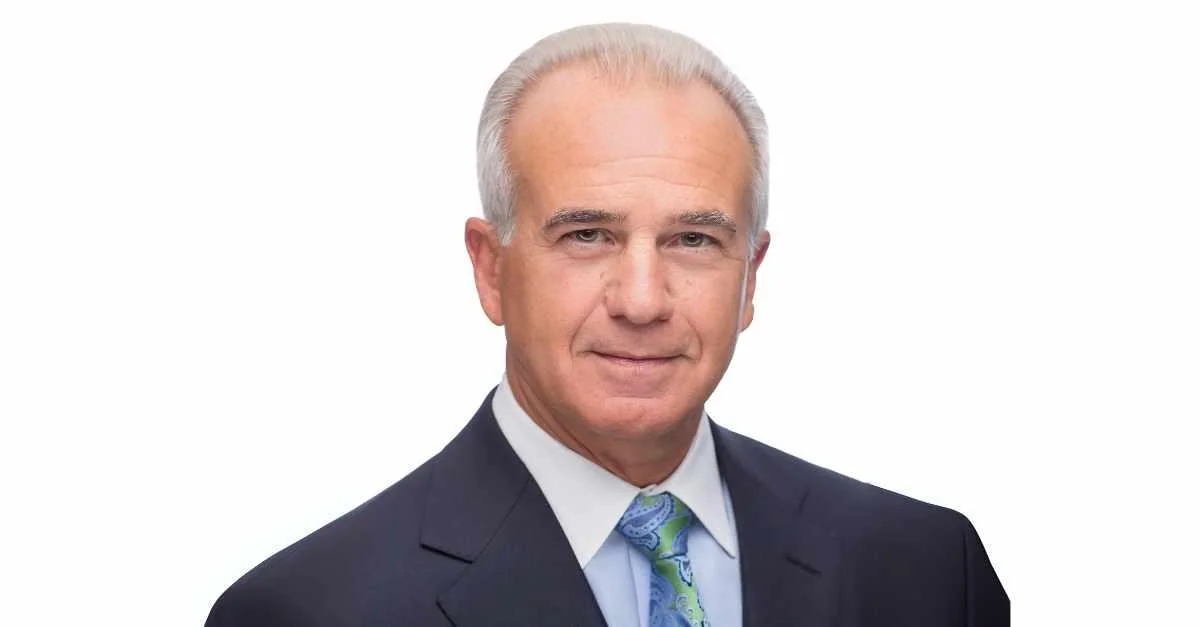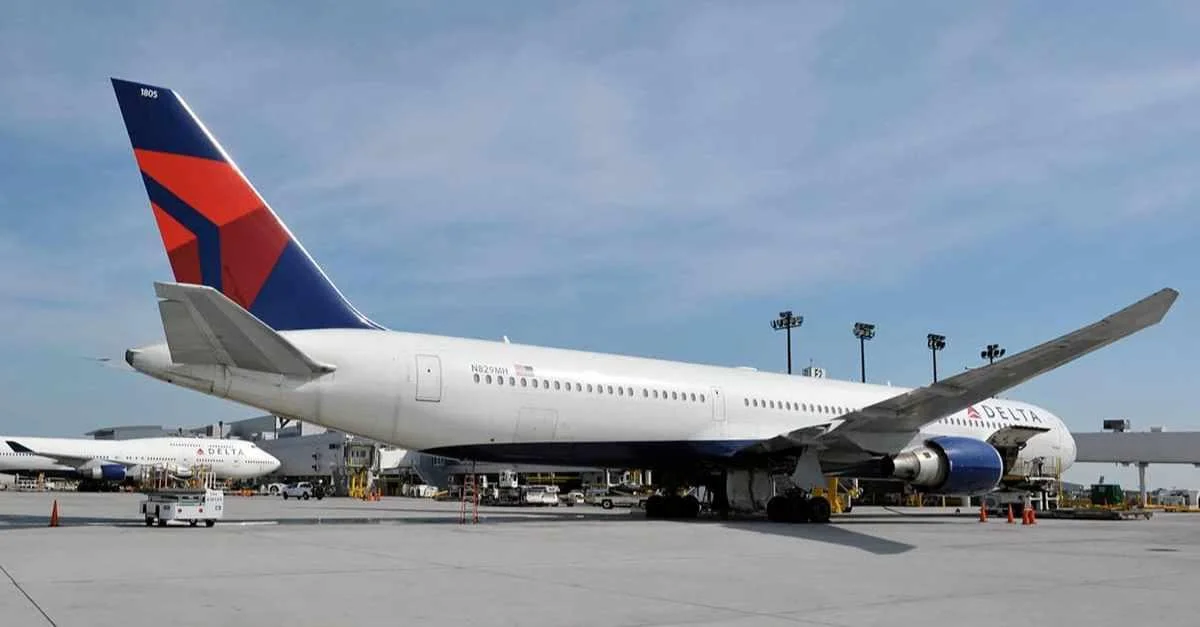In 2006, a terrorist plot to detonate liquid explosives disguised as soft drinks onboard transatlantic flights from the UK to the US and Canada was uncovered by the British Metropolitan Police. To prevent similar attacks from occurring, passengers were prohibited from carrying large volumes of liquids—anything above 100ml in a single container—in their hand luggage.
Any liquids carried in hand luggage must be in containers no larger than 100ml (3.4 fl oz) and placed in a transparent, resealable plastic bag no larger than 20 cm x 20 cm (7.9 inches x 7.9 inches). Passengers were limited to one bag per person to prevent significant amounts of dangerous substances from being concealed in seemingly harmless drink bottles or containers.
The removal of the rule was never really meant to be permanent, but lagging technological progress led it to be in force for almost two decades. As part of the UK government’s efforts to streamline security processes, new CT scanners will be installed at airports nationwide, allowing for reduced queuing times, improved passenger experience, and better capabilities to detect potential threats. Most importantly, this advanced screening technology is paving the way for the eventual end of the 100ml rule on liquids at airports.
On top of ridding us of the 100ml rule, this new system means that large electronics—like tablets and laptops—can be left inside carry-on bags at the security checkpoint. Currently, these devices must be removed from bags to be screened.
The state-of-the-art tech is expected to be rolled out in airports across the United Kingdom, Europe, and North America over the coming year.
The UK government recently reinstated the 100ml rule at all airports as of June 2024 temporarily.
Travelers can expect to see the complete removal of the 100ml rule at major airports by 2025, although the technology is already in place at many UK airports. The carry-on liquid limit at these airports will be extended to two liters (0.53 gallons) and is already in force at some major airports.
However, it’s important for travelers always check security requirements at all points of their journey. While one airport may accept liquid in containers measuring more than 100ml, another airport through which they transfer or return may not.
All UK airports were supposed to have this technology available today; however many are behind schedule and will not fully implement it until next year. Airports that have not yet complied will now have until June 2025 for full coverage.
A UK government statement said: "We recognise that installing new security equipment at busy airports has been a logistical challenge with some having undertaken significant construction work."
Larger airports are facing worse logistical complications:
- Heathrow (summer 2024)
- Gatwick (first three months of 2025)
- Stansted (first three months of 2025)
- Luton (summer 2024)
- Bristol (summer 2024)
- Manchester (first three months of 2025)
To address long queues caused by high rejection rates with new scanners misidentifying objects as threats requiring manual checks by officers—a Department for Transport spokesperson confirmed—the move is temporary "to enable further improvements."
Seven UK airports that had already removed this requirement—London City Airport included—will temporarily reintroduce it pending further notice.
 Alerts Sign-up
Alerts Sign-up





































